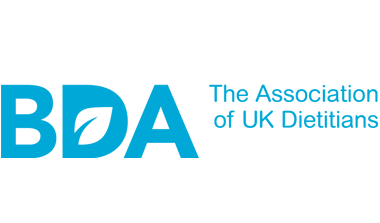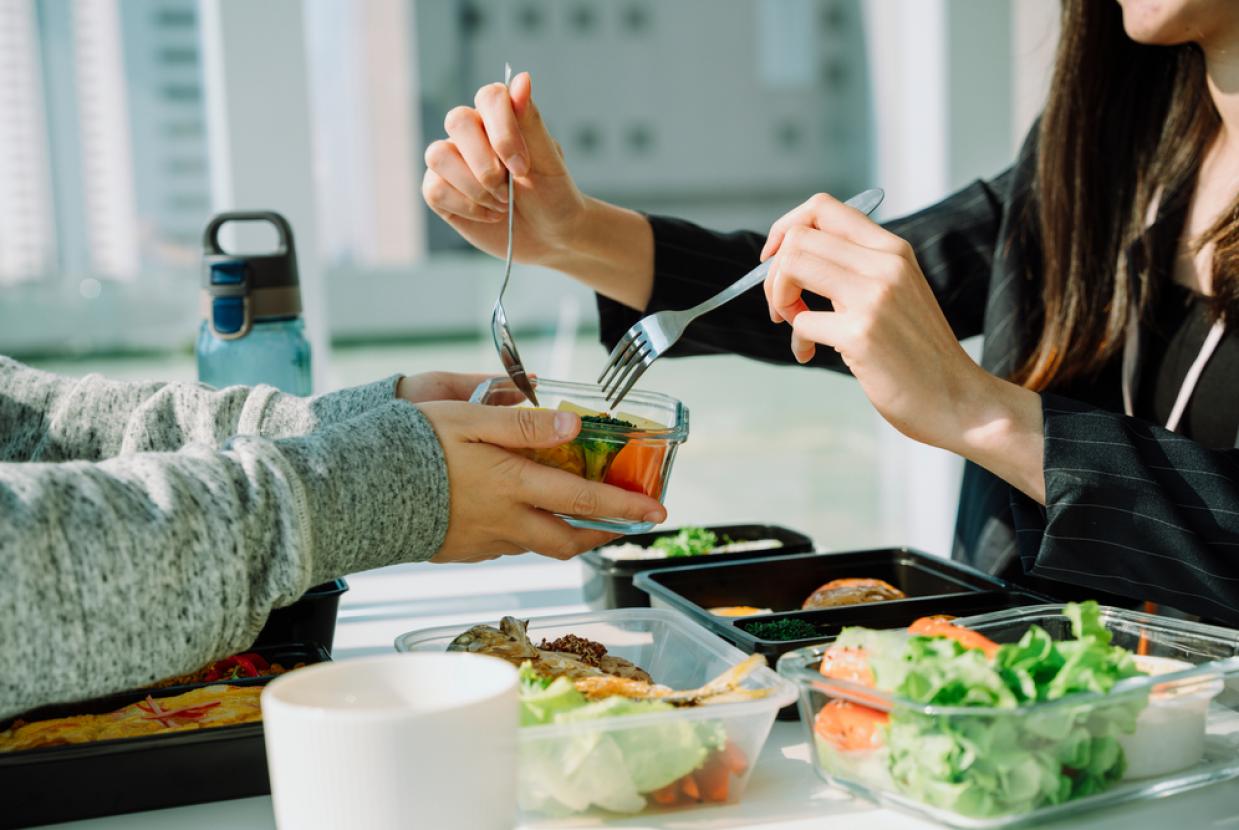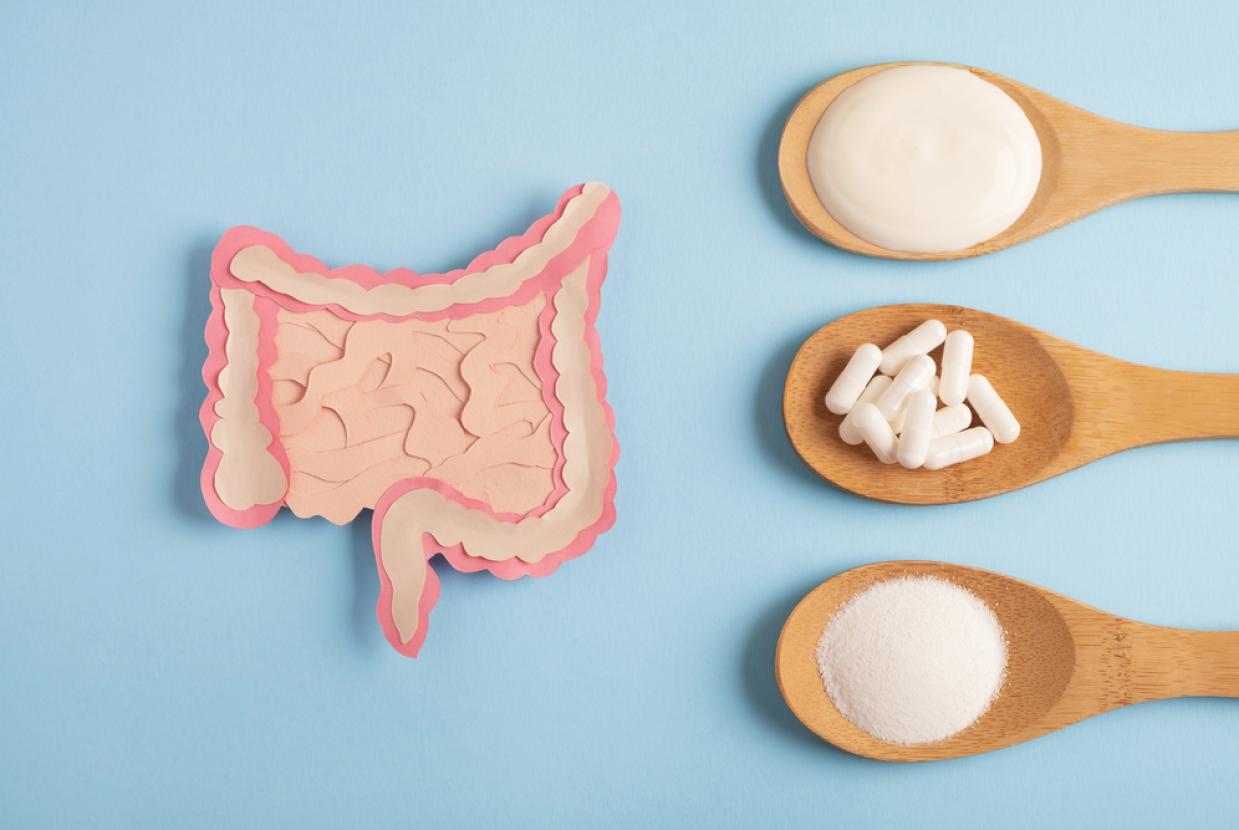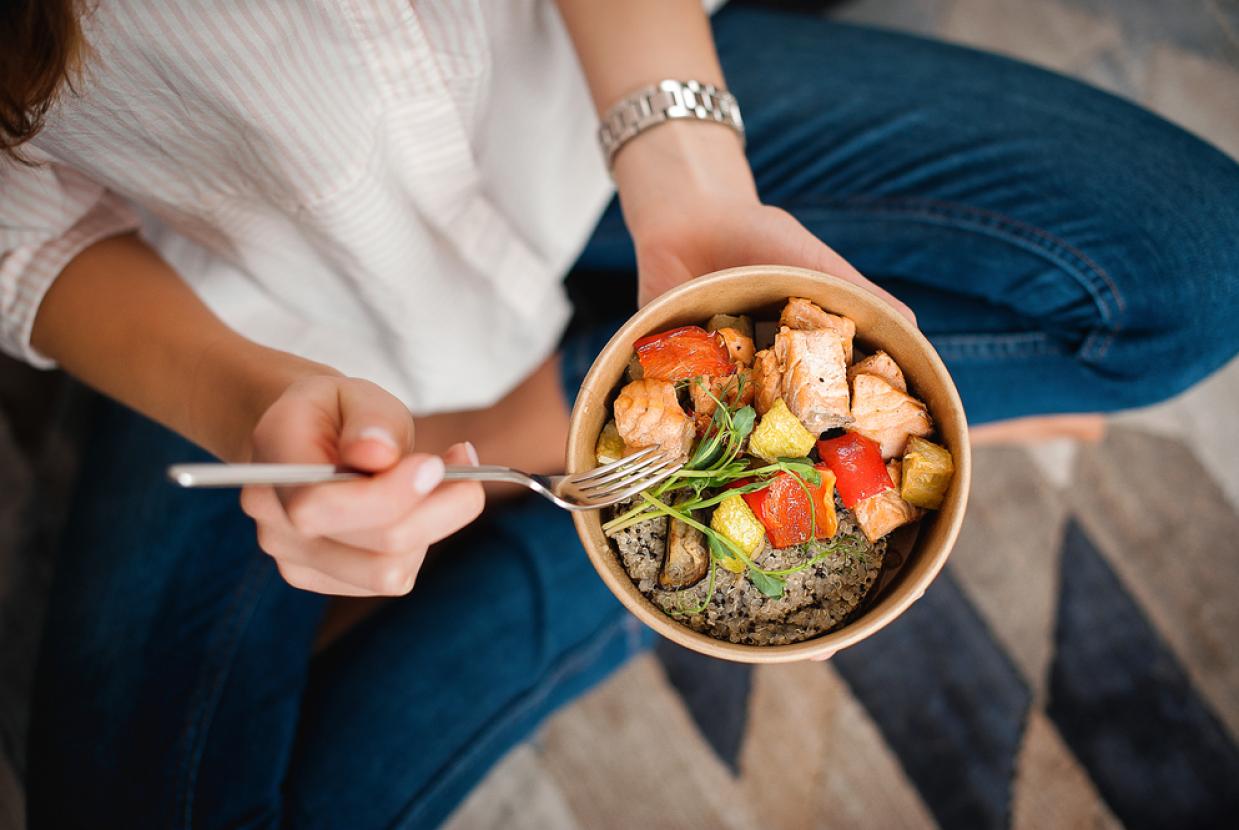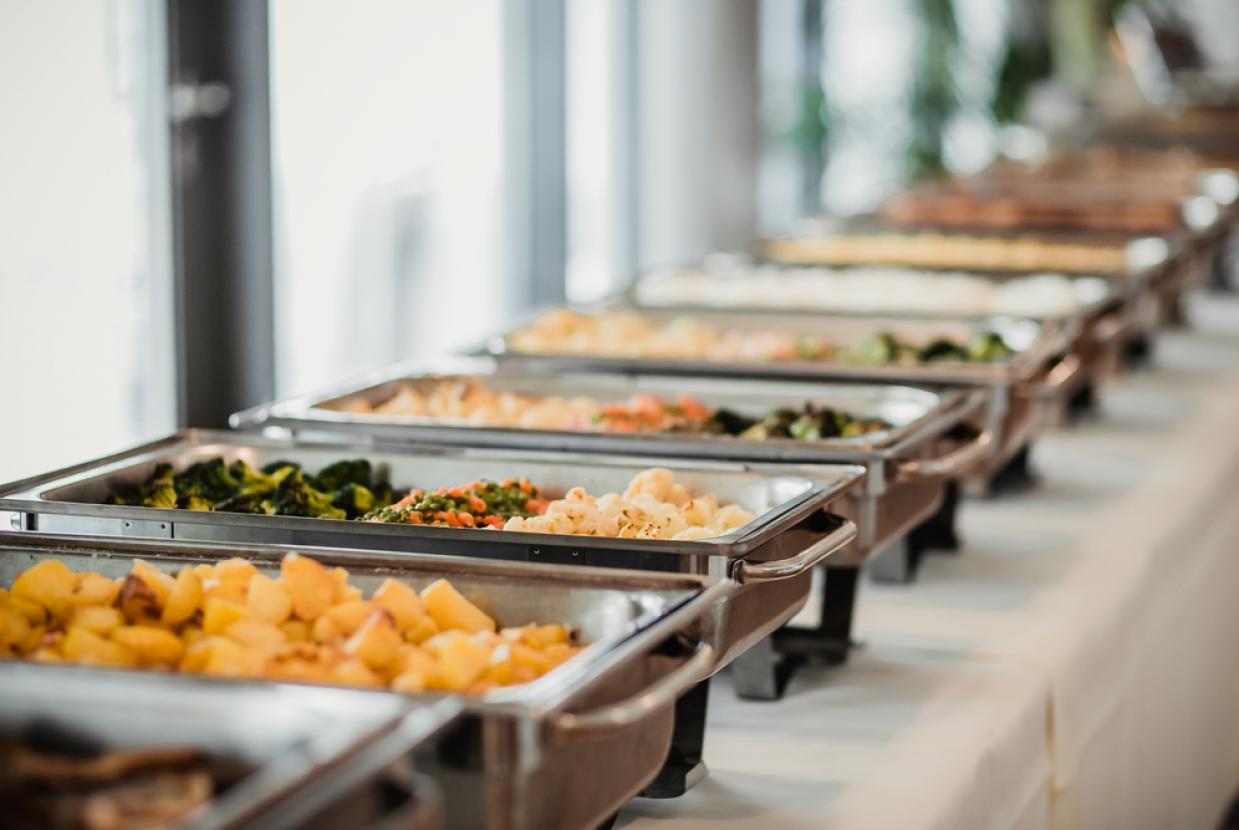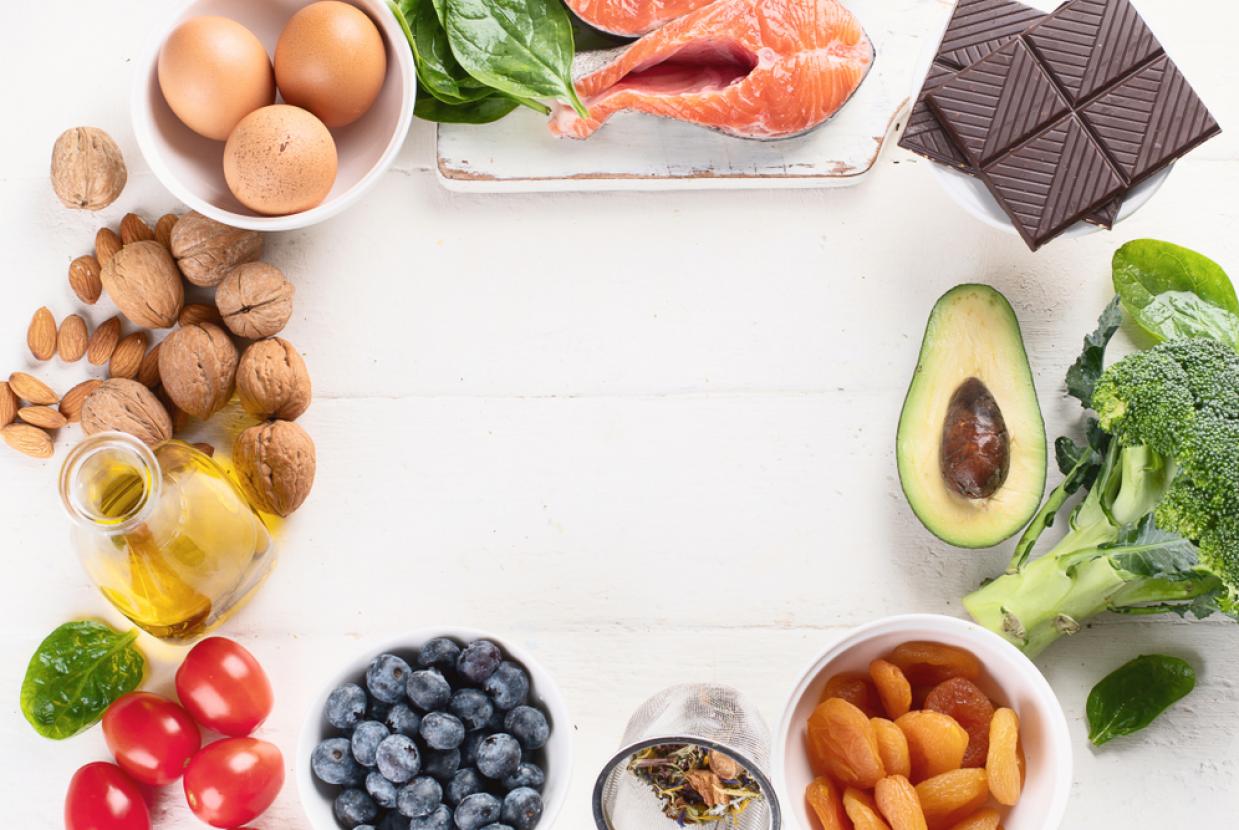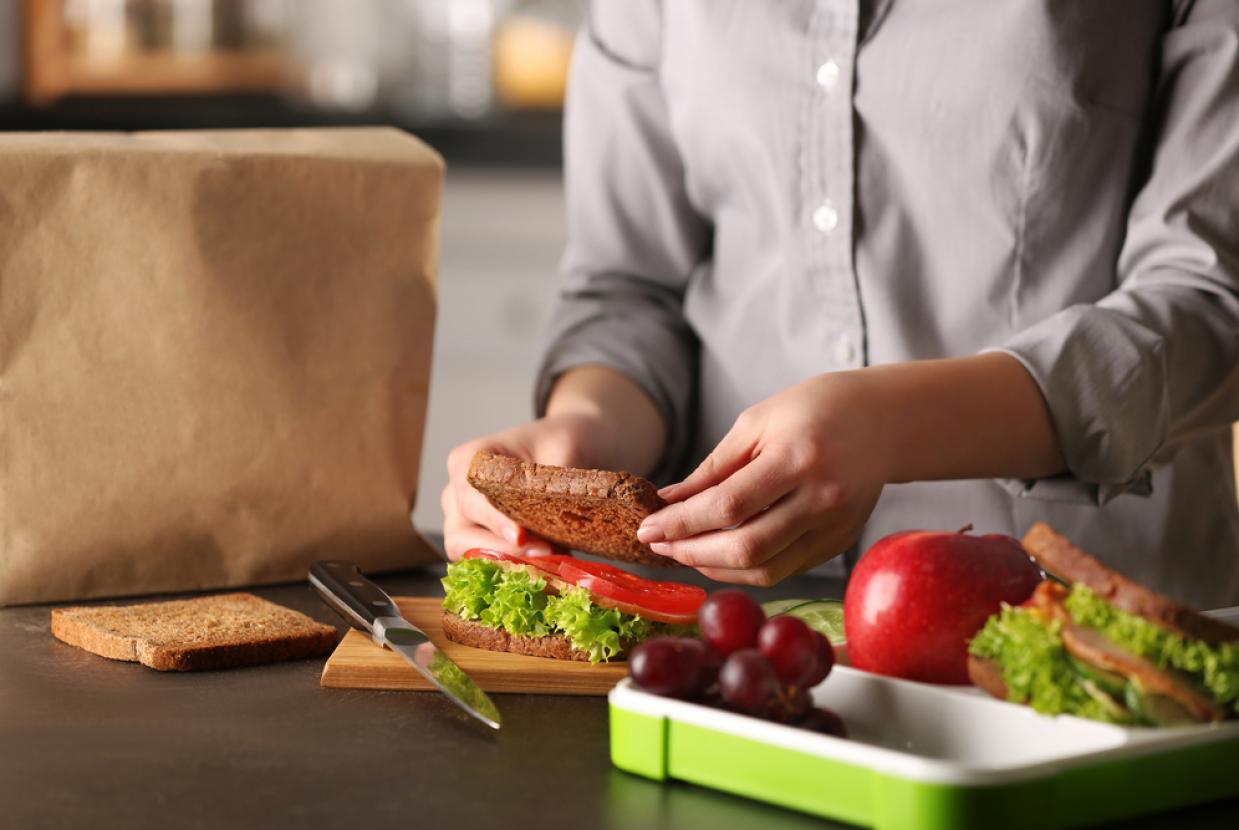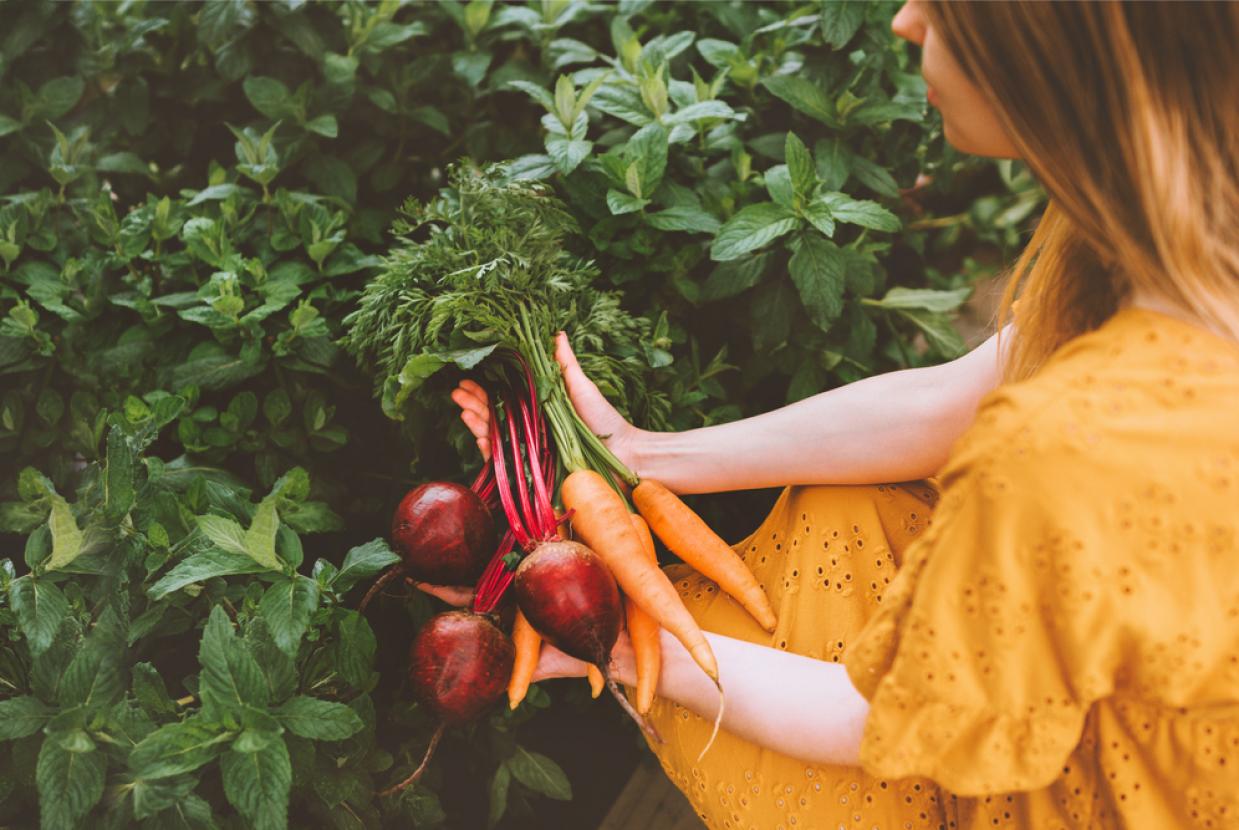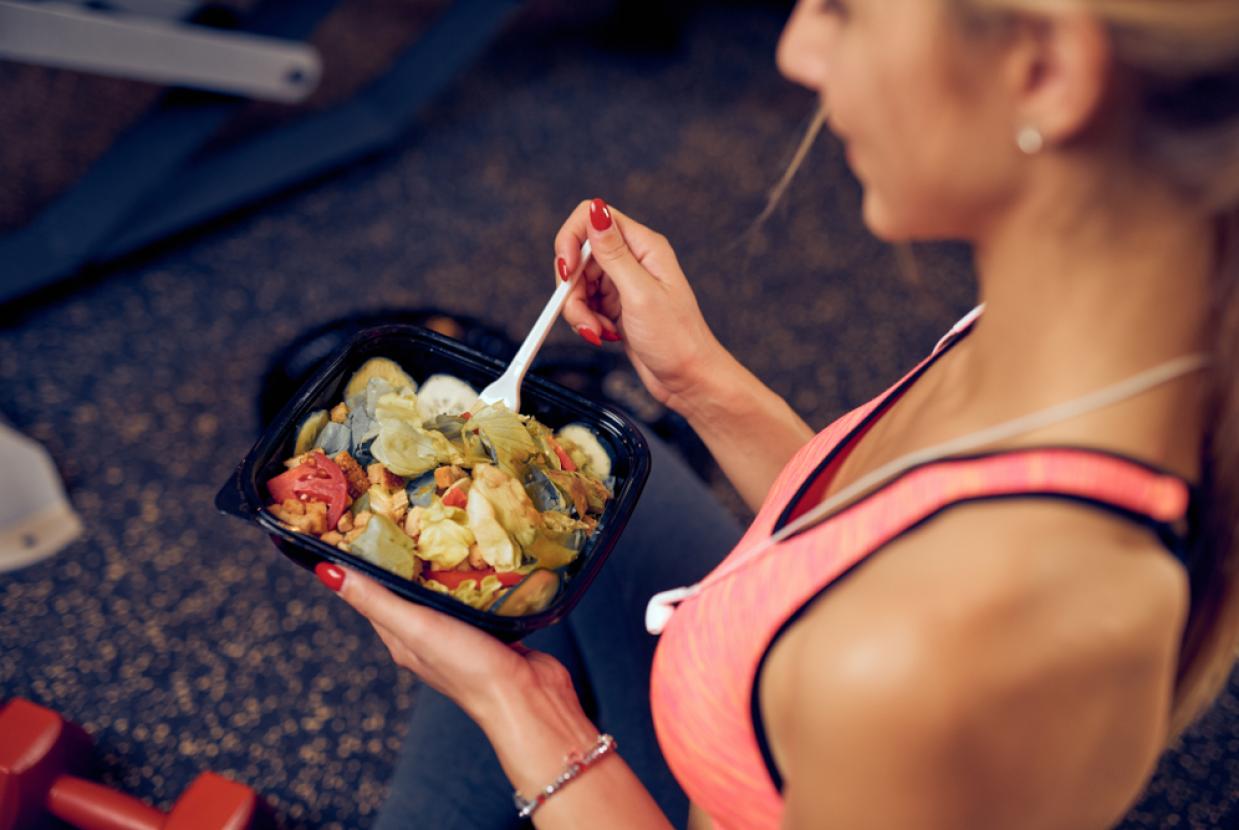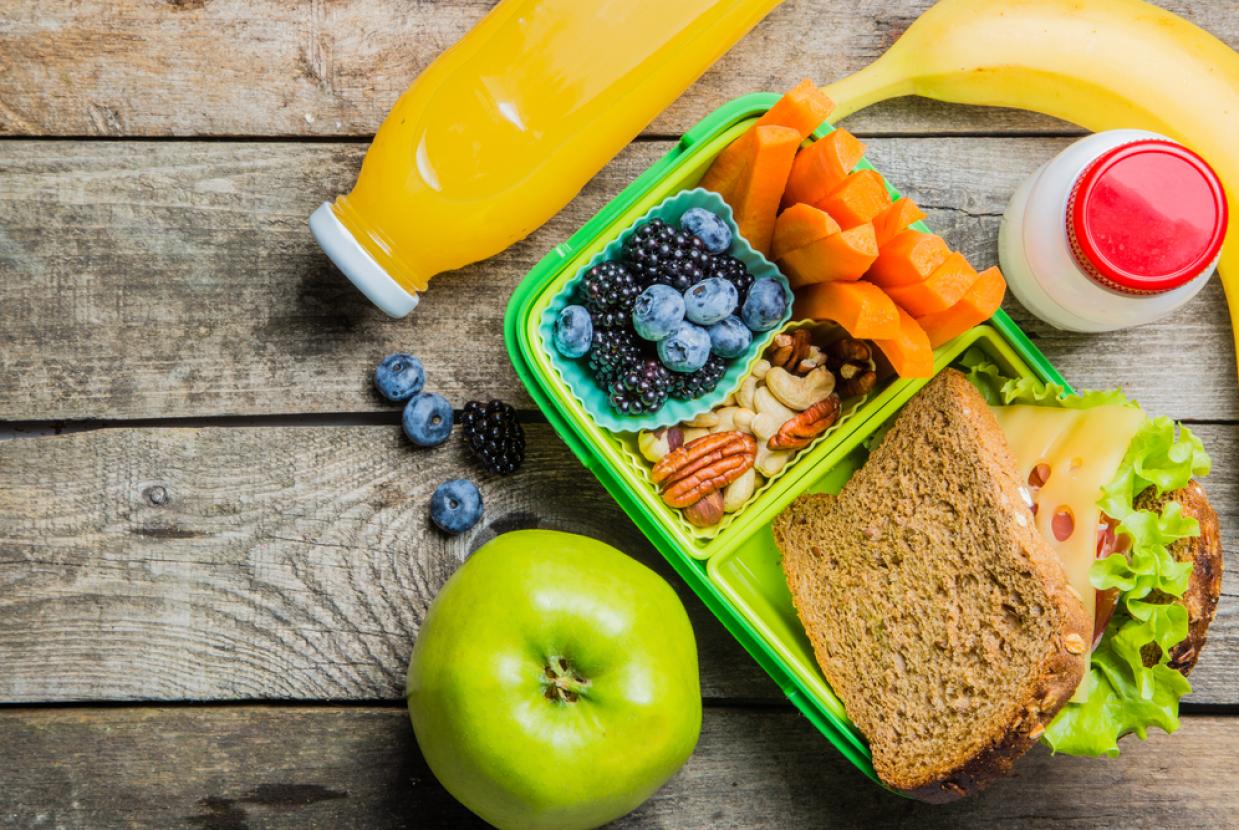Eat Well, Spend Less
Healthy eating is important and doesn’t need to be expensive. This Food Fact Sheet will give you some ideas to help you to eat well and keep costs down.
Top tips to save money when shopping
Follow these tips when you go shopping to help you spend less:
- Make a meal plan, particularly for your main meals.
- Write a shopping list and check what food you already have at home to avoid buying things you don’t need.
- Select a time to shop in the week when you are not in a rush.
- If you can, avoid shopping on an empty stomach as it may affect what and how much you buy. Consider shopping after you have eaten.
- Be aware that special offers are not always the cheapest option (See ‘How to read a label’).
- Ask a member of staff at your supermarket for fresh food reduction times and try to shop then for reduced priced items. Avoid purchasing more than you need or can store. Use within the specified date or freeze for later.
- Value brands often taste just as good for a lower price.
- Local food markets offer locally-sourced foods which are usually good value for money.
- Cheaper products are not always at eye level or positioned obviously. Check out all the shelves (including top and bottom).
- Larger supermarkets offer a better range of produce, often at a cheaper cost, so do your main shop there if you can.
5-a-day on a budget
This section shows you how to achieve five portions of fruit and vegetables a day on a budget:
- Select seasonal fruits and vegetables as they are widely available and less expensive, for example strawberries in summer and parsnips in winter.
- Consider loose produce, for example loose apples are often cheaper than the packaged variety (See 'How to read a label')
- Some supermarkets sell ‘wonky’ fruit and vegetables which are just as nutritious but vary in shape and size - so cost less
- Tinned fruits and vegetables are cheap and quick options to add to meals. For example, a portion of baked beans is one of your 5-a-day and a source of protein. For a healthier choice choose fruit canned in natural juice rather than syrup and vegetables canned in water without added salt
- Frozen fruits and vegetables can be good value and highly nutritious as the nutrients are sealed in during the freezing process. They are also pre-prepared which makes cooking quicker and easier. Try adding some to your meals, for example, add berries to your porridge or peas to your rice
- A small, cupped handful (30g) of dried fruit is a portion and can be added to your cereal or salad, for example raisins or apricots
- Visit a local allotment or community garden as they may have cheap fruits and vegetables for sale
How to read a label
When deciding which product to buy, use the unit pricing to check the price of a food for a specific unit of weight (or volume). It helps you select between products when the product size is different, or if one product is on a 'special offer'. Unit pricing can help you get better value for money, but remember to still only purchase what you need to avoid wasting your food and your money.
Cornflakes Cereal 720g - £2.40 £0.33/100g | Cornflakes Cereal 1kg - £3.00 £0.30/100g |
Chicken Breast 300g - £1.80 £6.00/kg | Chicken Breast 650g - £3.80 £5.85/kg |
Braeburn Apple five pack 670g - £1.60 £2.39/kg | Braeburn Apple Loose £2.20/kg |
Cooking tips and reducing food waste
Cooking from scratch can be cheap, fun and builds your confidence! Follow these tips below:
- Make your favourite takeaway food at home, for example curry and rice or stir fry with noodles
- Make homemade soups from leftover vegetables
- Leave fruit and vegetable skins on wherever possible and suitable. If peeling is required, some peelings can be added to recipes like soups or stews
- Reduce your meat portions and consider having a meat free meal or day at least once per week. Replace protein sources with alternatives, for example, add chickpeas to curry or baked beans to shepherd’s pie
- Good value protein sources include: baked beans, tinned mixed beans, tinned chickpeas, lentils, some meat substitutes, milk, yoghurt, hummus, hens’ eggs, frozen chicken thighs, budget cuts of meat, tinned fish (especially sardines and mackerel) or frozen fish
- Prepare a homemade packed lunch, for example leftovers from the night before or a sandwich
- Have a stock of herbs and spices to add flavour to meals or side dishes. Mixed herbs are good to add to most savoury dishes
- Freeze excess food, such as bread and other perishables. Most foods can be frozen, so look at the packaging for guidance
- Consider bulk or batch cooking meals if you can (make a large amount and split into portions). Freeze or refrigerate leftovers for convenience and to save money
Budget meal ideas
These budget meal ideas are low cost and meet healthy eating guidelines.
Meal | Budget Meal Ideas |
Breakfast | • Value cereals, milk and a portion of dried fruit • Porridge oats soaked overnight with yoghurt and frozen berries • Hot porridge topped with dried fruit • Eggs, baked beans or nut butter on brown toast • Cheese and vegetable omelette |
Lunch | • Egg or cheese spread or cheese and cucumber sandwiches • Homemade or tinned soup with brown bread • Tinned fish on toast or in a sandwich served with salad • Jacket potato with baked beans, cheese, cottage cheese or tinned fish with salad |
Evening meal | • Veggie burger with homemade potato wedges and frozen peas • Cottage pie served with peas and carrots • Chicken and vegetable stew with Jollof rice or couscous • Tuna and sweetcorn pasta bake • Vegetable curry and rice • Rice and peas with mackerel in tomato sauce |
Pudding | • Tinned or seasonal fruit served with yoghurt • Homemade apple crumble and custard • Rice pudding with jam |
Snacks | • Malt loaf with low fat spread • Carrot, cucumber or celery sticks with hummus • Cheese and crackers • Boiled egg • Sliced apple with peanut butter • Microwave popcorn |
Top tips
- Make a meal plan and plan your shopping trips
- Look for cheap and convenient ways to get your 5-a-day
- Read the label to make sure you are getting the best value for money
- Use food ‘waste’ such as peel to flavour soups and stews
- ‘Batch cook’ where possible
- If you are having difficulty eating healthily on a budget, ask your GP, speak with a dietitian, or contact the support organisations in the Useful Resources section.



